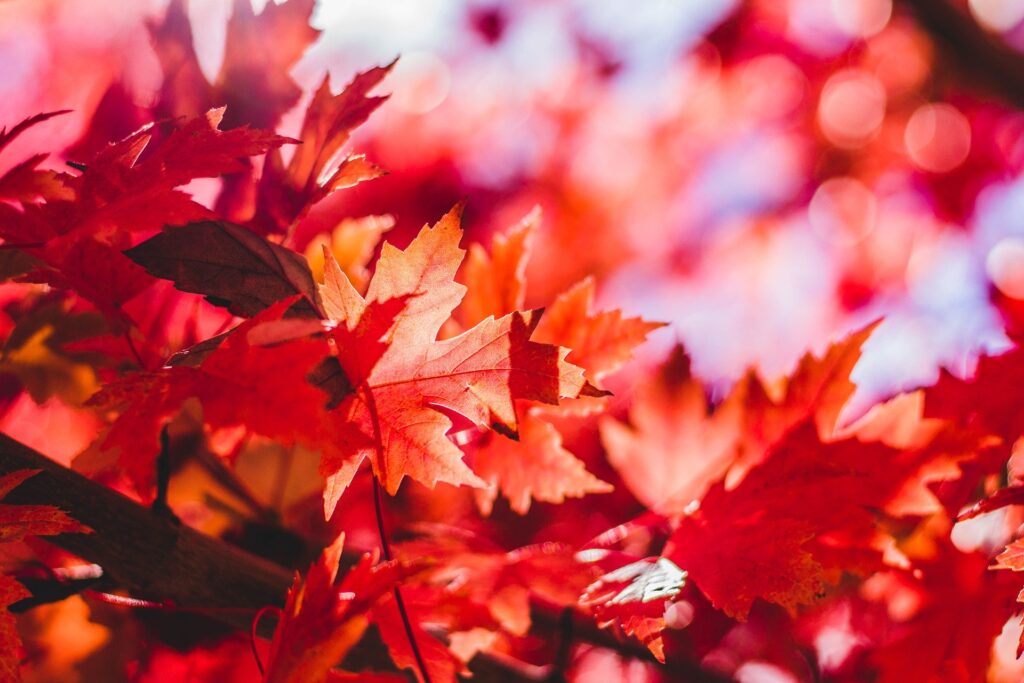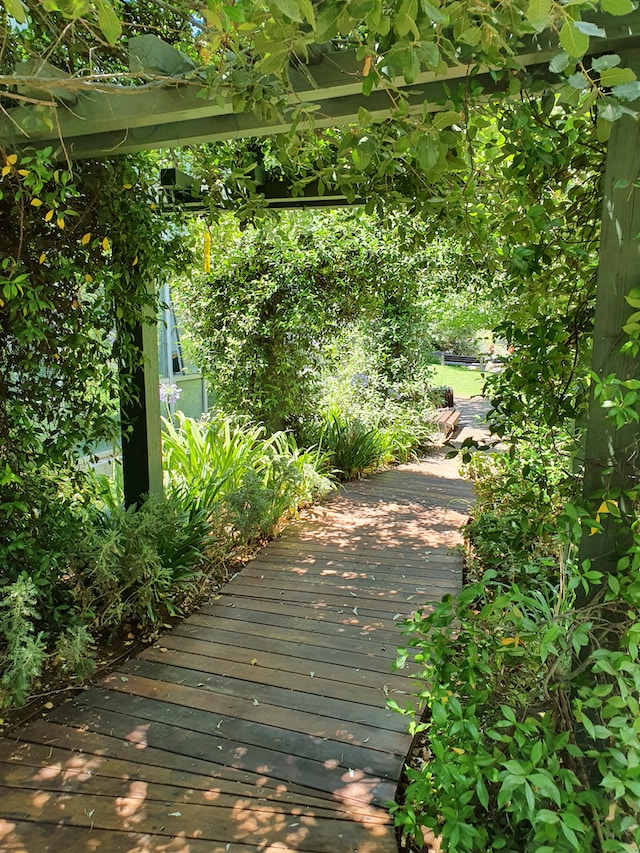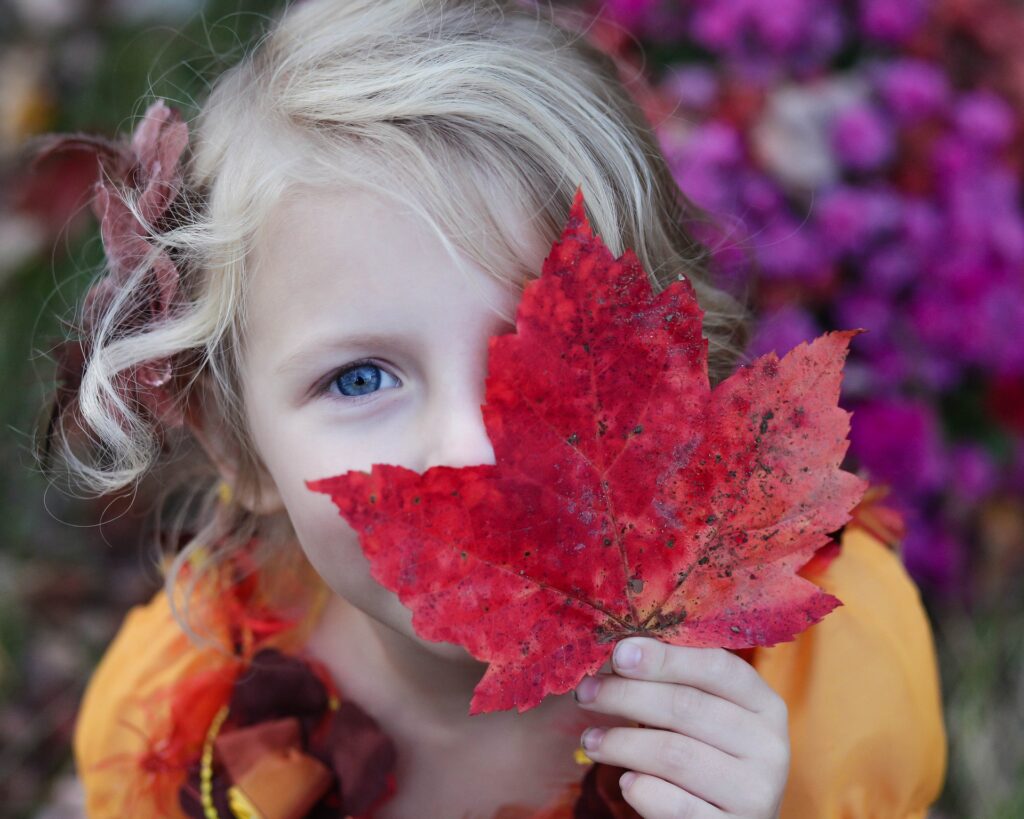Don’t Clean….Let Nature Take its Course
As the weather turns brisk, you may find yourself procrastinating, putting off those end-of-season garden chores. When the temps drop and days grow shorter, it’s harder and harder to get up off the comfy couch to go outside and rake those leaves. Bundling up dead twigs, bagging and dragging fallen leaves…ugghh. It’s easier to check the Twitter feed one more time or take a look at one more video, right?
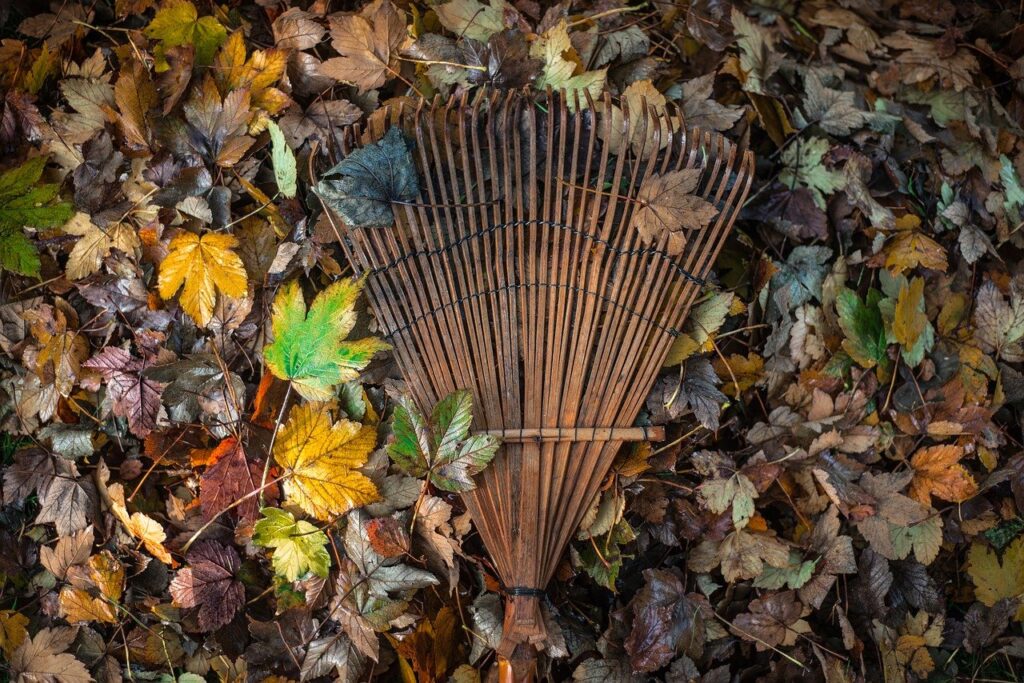
What if I told you that it is perfectly fine- and perhaps even a better choice- not to clean up the yard and garden this year? Yes, I know it may sound too good to be true, but hear me out on this one…..
Conventional Wisdom?
Conventional wisdom tells us to clear out the fallen leaves and withered plants from yard and garden in the fall in preparation for the next planting season. It’s time to take a fresh look and examine this conventional way of thinking.
Cooperating with, instead of fighting against, the natural environmental life cycle has its benefits. Let me quickly get to the point, the reasons are:
7 Reasons
- Promote natural composting
- Prevent weed growth
- Encourage beneficial insects
- Prevent soil erosion
- Attract desirable wildlife
- Provide natural insulation for plantings
- Free time for other priorities
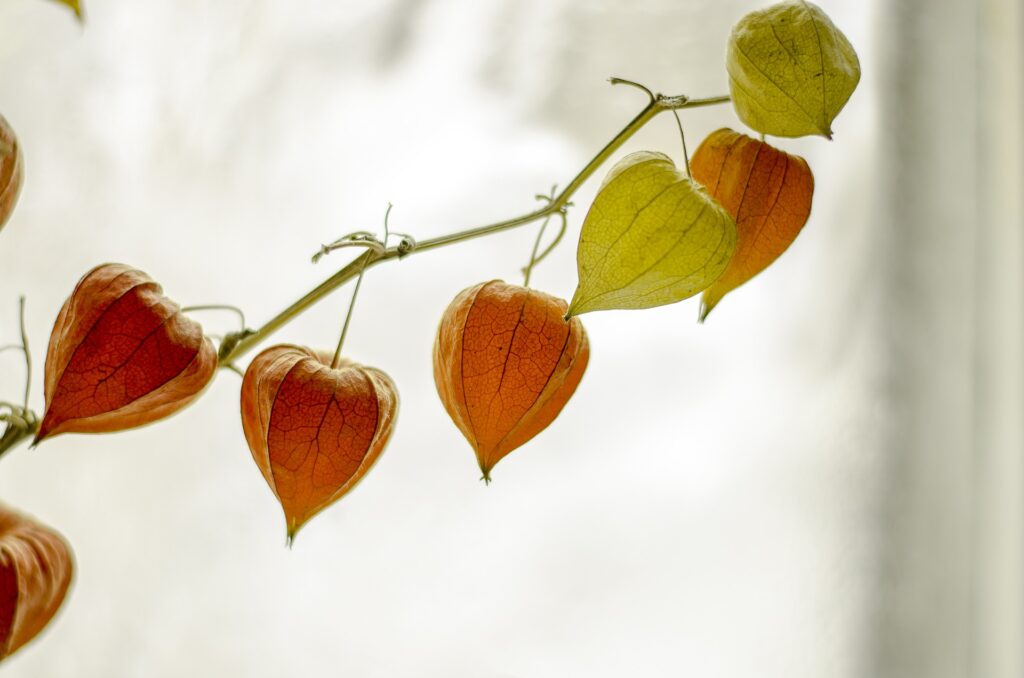
Let’s Dig Deeper
Ok, let’s delve into this a little deeper so you can better understand how this helps you.
Promote Natural Composting
Leaf cover promotes natural composting. Leaves and small twigs break down in the cold and wet weather. And, as these disintegrate, organic matter returns to the soil and enriches it for the next planting season.
Working in the garden together, my husband and I used to spend many hours adding lightweight bagged peat and humus to the clay soil that filled the garden and landscape beds, hoping it would allow our plantings to take hold and thrive.
Who knew that leaf-composting in place could accomplish the same goal with only a fraction of the effort?
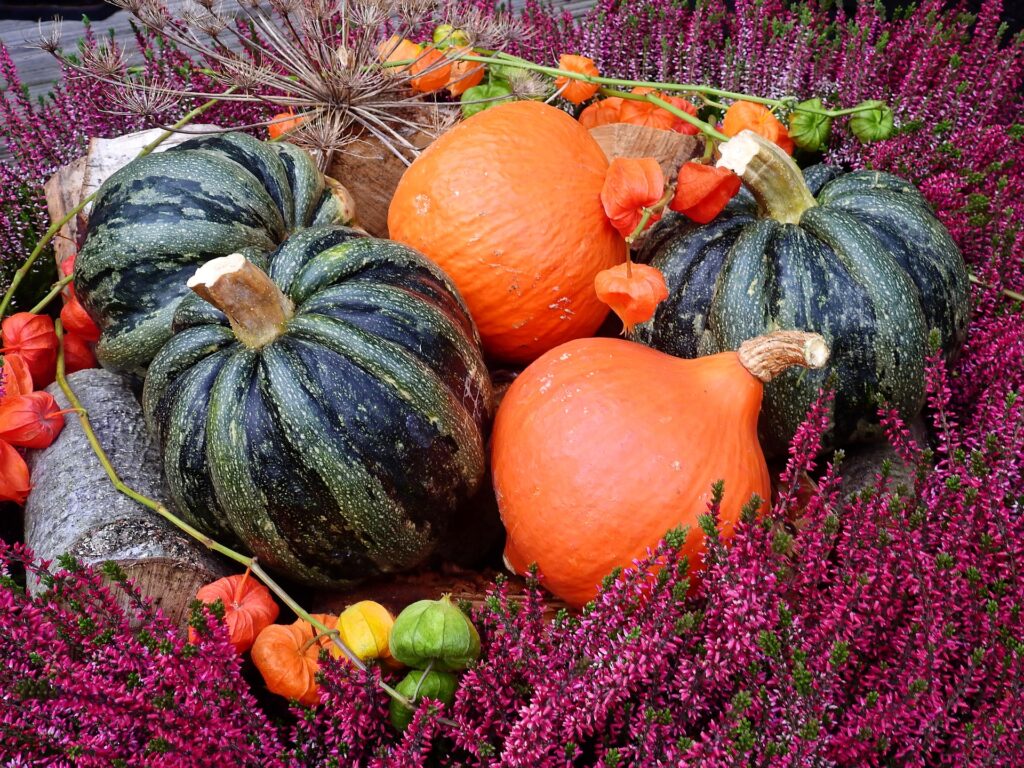
Prevent Weed Growth
A build-up of leaves prevents the growth of weeds. Weeds are extremely hardy and will are not deterred by winter weather. These continue to spread and grow, although at a slower pace than during the warmer seasons. Layers of leaves can halt the spread, leaving fewer weeds to remove in the spring.
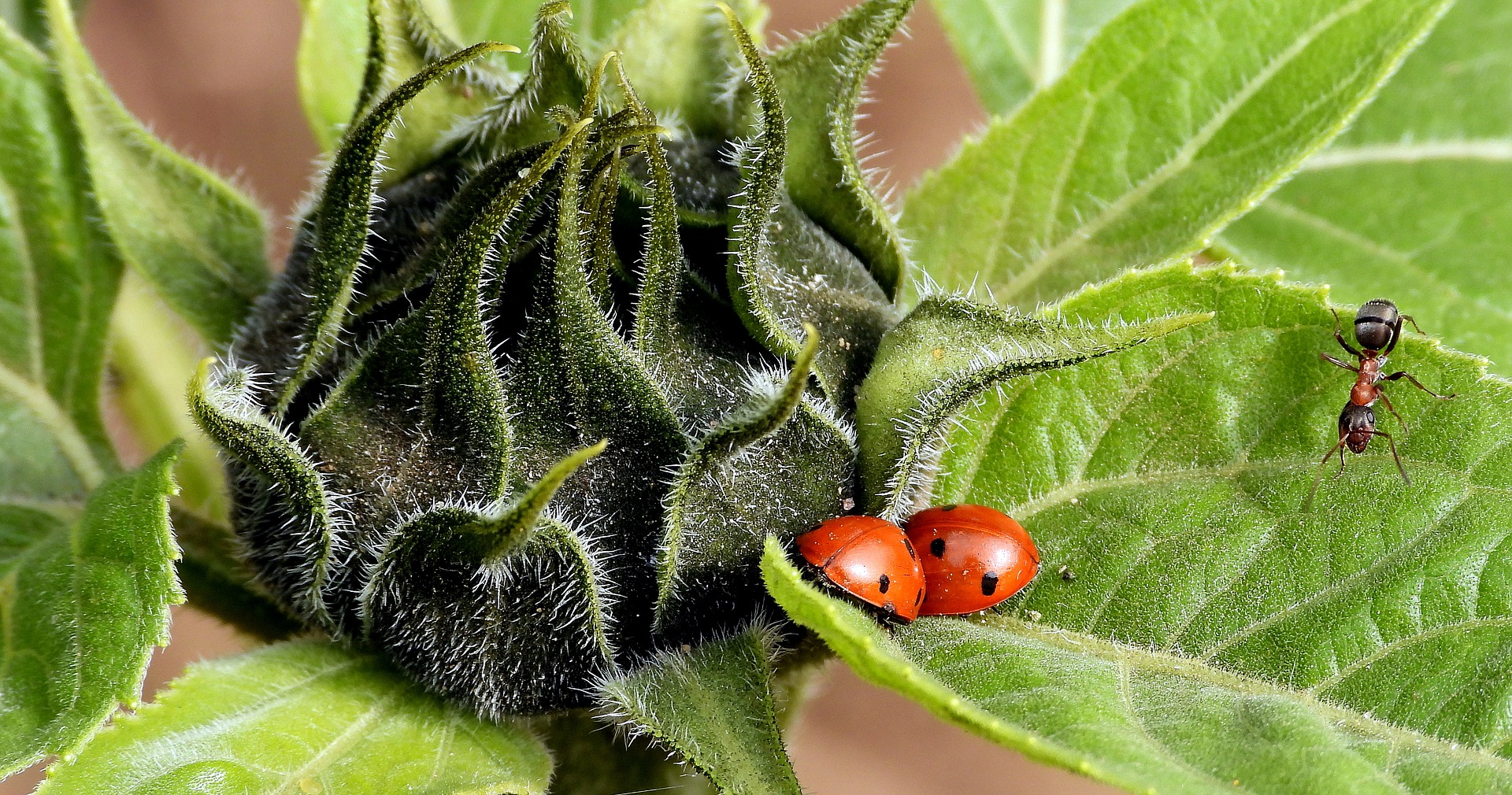 Encourage Beneficial Insects
Encourage Beneficial Insects
Leave the fallen leaves in place to provide cover for beneficial insects such as earthworms and certain types of flies. These bugs also aid the breakdown or composting of leaves, twigs and grasses, forming a natural fertilizer for lawns and flower beds.
My young daughter’s preferred outdoor activity has been digging for worms…..umm, she gets it from her father. In elementary school, my husband “rescued” earthworms which had appeared on the sidewalk after a heavy rainstorm. Stowing these beneficial insects safely in his lunchbox he proudly marched into the cafeteria. Much to his dismay, his heroic efforts to save the worms were not appreciated by the lunchroom monitor. But I digress….
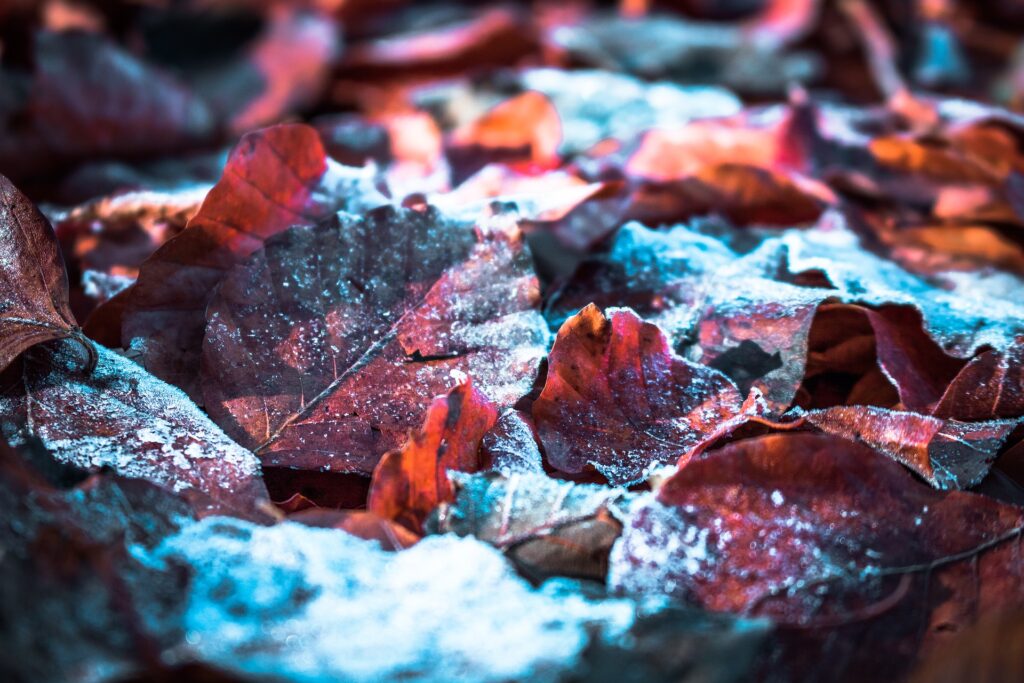
Heavy fall rains and winter storms carry away nutrient-rich topsoil.
Prevent Soil Erosion
A natural covering of fallen leaves prevents soil erosion from your landscape. Heavy fall rains and winter storms carry away nutrient-rich topsoil.
Erosion can be harmful when it exposes tender roots of shrubs and trees to below-freezing temps. And rich topsoil is one of the main ingredients for successful planting in the spring.
Attract Desirable Wildlife
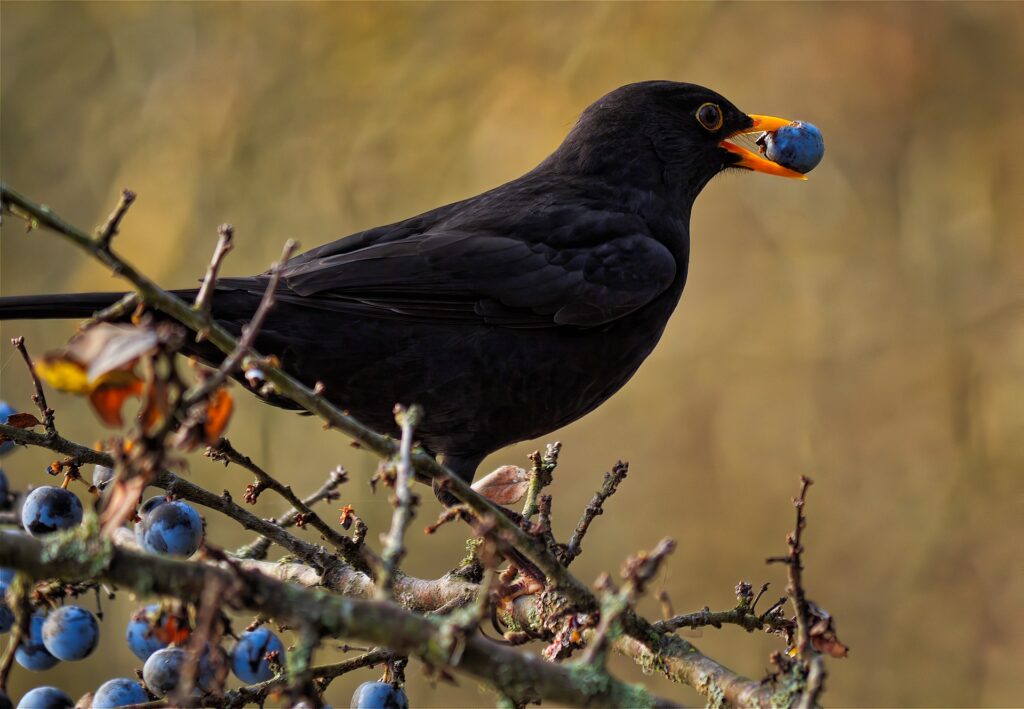
Leaves, seed pods and berries attract desirable wildlife. Looking for food and nesting material during the cold weather months, animals and birds will seek out plants left in the yard. Give the birds a reason to select your tree in your yard to build a nest for baby birds in the spring!
Provide Natural Insulation for Plantings
Allowing leaves to gather in perennial flower beds and around shrubs and small trees act as a natural insulation from the harsh winter elements- cold, ice and snow. Shielding your plantings adds a layer of protection until the warmer weather returns.
One note of caution, it may be better for your lawn if you move leaves to the side- grass and turf both need sunlight and moisture even in the cold-weather months. (For more on this topic, see this link).
Free Time!
Avoiding fall yard clean-up frees up time for other priorities. Who hasn’t put off cleaning? When you are juggling work, family and home there are some things that need to fall off the priority list. Count garden clean-up as one of these. You can always catch-up on lawn and garden chores in the spring.
Problem Solved
So there you are. You have my permission to remain planted on that couch. These 7 good reasons to let nature take its course will pay dividends in the spring. And, your procrasti-guilt has vanished, with one more item checked off your neverending to-do list. In the end, your choice to not take action may even have done your yard and garden a favor!
